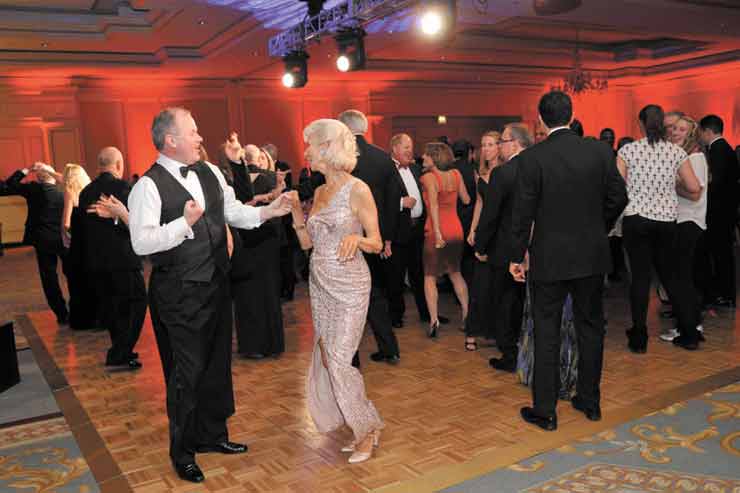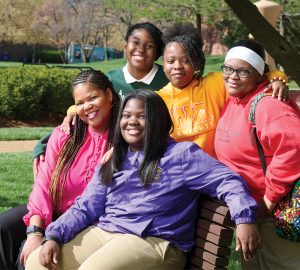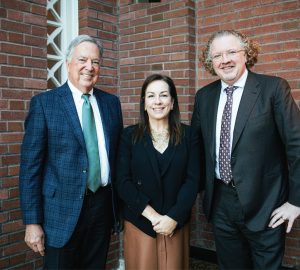Cardiovascular diseases are still America’s No. 1 killer, causing more than 2 million heart attacks and strokes a year—and 800,000 deaths. Stroke alone kills 130,000 Americans annually, claiming a life every four minutes. It’s a leading cause of long-term disability, costing the U.S. about $73.7 billion a year. According to the Centers for Disease Control and Prevention, the risk of stroke for African Americans is nearly twice that of other ethnic groups, and African Americans are more likely to die following a stroke.
The American Heart Association is dedicated to changing these statistics. Since 1924, the organization has united volunteers, researchers, health care providers, corporations, individual donors and survivors in the fight to end heart disease and stroke. “Families everywhere benefit from the research, education programs and advocacy made possible by the association,” says Steve Martenet, president of Anthem Blue Cross Blue Shield of Missouri and co-chair of the 2014 Heart Ball.
The organization invests more than $110 million a year in nationwide research, resulting in life-saving surgical innovations and drugs, Martenet notes. “During the past five years, the association has funded 135 studies at a cost of $14.9 million in Missouri, with nearly $6 million going to scientists at Saint Louis and Washington universities and Washington University School of Medicine,” he adds.
The American Stroke Association, a division of The American Heart Association, recently launched Together To End Stroke, a campaign to raise awareness about stroke symptoms and the need to call 911 immediately. “We’re urging everyone to learn the most prevalent warning signs of stroke: F.A.S.T.,” Martenet says. The acronym stands for Face drooping, Arm (or leg) weakness, Speech difficulty, and Time to call 911, he explains. Calling 911 is crucial, according to the campaign. Patients who arrive at the emergency room as soon as possible after their first symptoms tend to be healthier following a stroke than those who delay.
The Heart Ball, the American Heart Association’s annual black-tie gala, generates financial support for research and programs. This year’s event, chaired by Steve and Denice Martenet and vice-chaired by Lynn and Thriess Britton, takes place Feb. 22 at The Ritz-Carlton. “The ball brings together St. Louis’ most influential leaders to raise money for continued research, education and community outreach activities,” Martenet says. “It’s also an opportunity to celebrate the many lives saved and healed by association-funded research, and to honor those who care for them.” Sponsors include Anthem Blue Cross Blue Shield of Missouri, World Wide Technology, Mercy and Town & Style.
Great strides have been made in the battle against heart disease and stroke, Martenet notes. “But the real challenge is to keep it from happening in the first place,” he says. “By the year 2020, the American Heart Association wants to improve the cardiovascular health of all Americans by 20 percent and reduce deaths from cardiovascular disease and stroke by 20 percent. This would save lives and improve health for generations to come. Working together, we can do it.”
Photo by American Heart Association
[The 2014 St. Louis Heart Ball, a benefit for the American Heart Association, takes place Feb. 22 at The Ritz-Carlton. For more information, call 314.692.5617 or visit heart.org/stlouis.]








